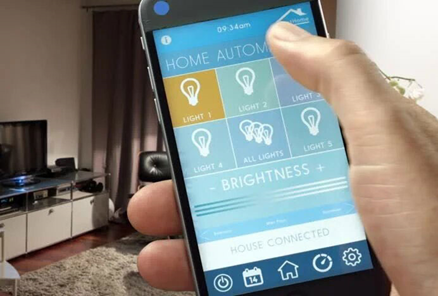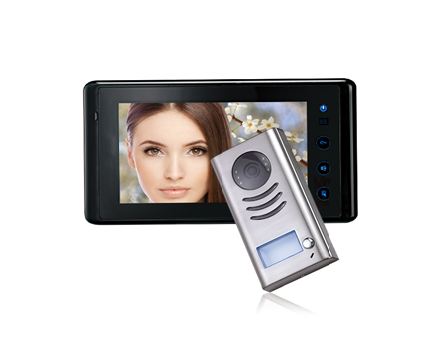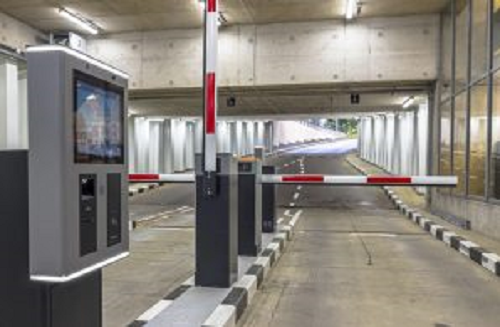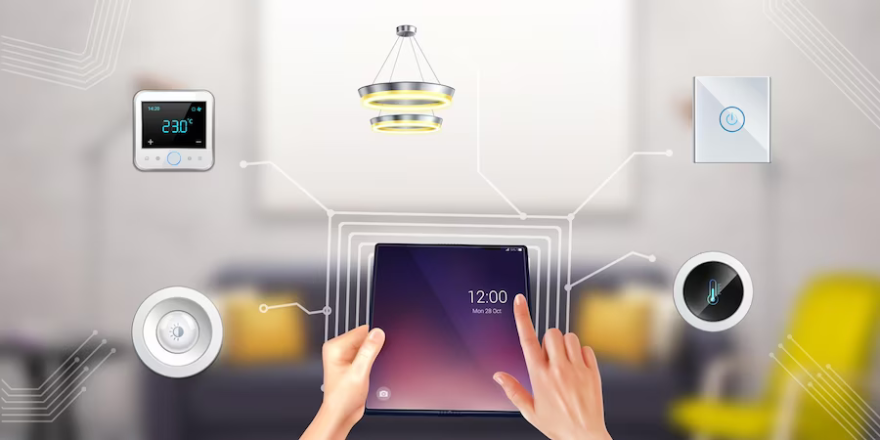Your home has a collection of so many appliances, gadgets, and structures. These systems are controlled through various mechanisms such as remote control for the television, a switch for the lighting, and other devices such as a fridge, water dispenser, valves or taps for water and gas, and finally door locks and keys for various doors, closets, and safes. To add to the long list are your video surveillance CCTVs, fans, and fire and smoke detection systems. Have you ever wondered how you could improve on ways to control all these devices with minimal movement, great conformity, and maximum convenience? Think about a system that you can use to control all your home appliances, doors, entertainment, and security with a pocket-sized gadget such as a smartphone. That is all that home automation is about. With the growth in technology and more so in the area of electronics, home automation has assured users of a secure, comfortable, entertaining, and convenient environment. This article will address various home automation systems available in the market and what benefits home automation brings to clients who might be interested in automating their homes. Let us dive deeper into what home automation is.
What is Home Automation?
Before we proceed it is good for you to understand the term home automation. Home automation is a new entrance in the area of engineering that involves hooking everything controllable in your home to a single remotely controllable system of network. Such a system allows you to access and control all home devices connected to it remotely through your preferred gadget such as a smartphone at your preferred location.

Figure 1:Home Automation Application on a Smartphone Courtesy of BASS
For a home automation system to work, the two ways below are involved:
• Scheduling: Every task that is to be performed is scheduled. For example, you can have a schedule that turns your video surveillance system ON and OFF at particular times of the day.
• Triggers: These are actions that must occur for a system to function in a predetermined way. For example, there must be darkness for a smart security lighting system to turn on.
What are the Elements of a Home Automation System?
A home automation system is made up of three main elements namely sensors, actuators, and controllers. Let us discuss them widely below.
• Sensors: These are the physical change detectors. They detect any change in the operating environment of the system and convert it to an electric signal. Examples of physical parameter changes detected include temperature, humidity, heat, sunlight, and motion. The sensor shares the detected information with a controller for a corrective measure to be input.
• Controller: This is the brain of the home automation systems. It serves as a data interpretation channel that receives data from a sensor, then sends signals with corrective measures to an actuator to act accordingly. The controller is the interface that is operated by the user such as a smartphone application.
• Actuators: These are systems that must act to stabilize the faulty parameters detected by the sensor. For example, a fan is an actuator for regulating room temperature and it receives signals from ambient sensors through the controller for it to be ON or OFF.
Let us have a wider look at what these home automation systems are:
• Gas Detection Systems: Homes utilize flammable gases for cooking. Some of these homes have car parking and garages which also release harmful and flammable gases. Such homes require gas detection systems, which are good for detecting the concentration of the air. If it detects harmful substances in the air, it controls the ventilation systems to allow free circulation of air into the room and reduces the concentration of the room air to accepted standards.
• Ambient Sensors: This is a category that introduces all the types of sensors used in the area of home automation and IOT to control various physical parameters. They include temperature, noise, pressure, imaging, humidity, proximity, infrared, and speed sensors just to name a few. Without these sensors, we cannot have the ability to detect faults in physical parameters within your home.
• Video Surveillance: This is another big thing in home automation. If you want to monitor events within your compound and keep very important records of what happens, then installing a video surveillance system is much advisable. This can monitor your children’s study rooms, your livestock while feeding, and workers operating within your compound. With a properly automated video surveillance system, you will not be worried about what happens in your home while you are away, thus improving productivity.
• Video Intercom: Are you worried about how to control and communicate with visitors to your homes? Don’t worry anymore. Just install a video intercom. This is a smart system that allows you to communicate with your visitors immediately after they ring the bell at your gate. You can know who the visitor is while you are seated in the comfort of your house. It improves your security and speeds up how you execute your tasks.

Figure 2: Video Intercom System Courtesy of BASS
• Intruder Alarms: This is another important system that helps improve your home automation. This detects intruders at weird hours such as after you have travelled and no one is in the compound. Intruder alarms make use of movements, noise, and shadow signals which are detected by various sensors and trigger the burglar alarms for alert.
• Gate Barriers: These are systems that are placed in gates of residential areas to only allow authorized vehicles to enter or leave. Such play a great role in home automation. It secures the designated area.

Figure 3: Gate Barriers Courtesy of BASS
In most cases, all the above-listed home automation systems are linked to a single gadget which allows you to monitor your home remotely and ensure it is secure and safe throughout.
What are the Benefits of Home Automation?
Some of the benefits of home automation include:
• Improved security through smart door locks, gate barriers, intruder alarms, video surveillance, and video intercoms.
• Regulation of the home temperature and other parameters through the use of smart ambient sensors.
• Improved safety through the detection of harmful gas leakages and fire through gas detectors and fire detectors respectively.
• Time saving. With smart home automation, expect high efficiency and convenience while performing various tasks thus saving time.
• Great awareness. The user is aware of everything happening in the house and within the compound when away.
In conclusion, home automation is one of the most important systems that should be incorporated into our homes for better security, safety, convenience, and comfort as advised by Business Automation & Security Solutions LLC, a company that has been installing home automation systems to business, homes, industries, and residential areas in Dubai since 2002.








